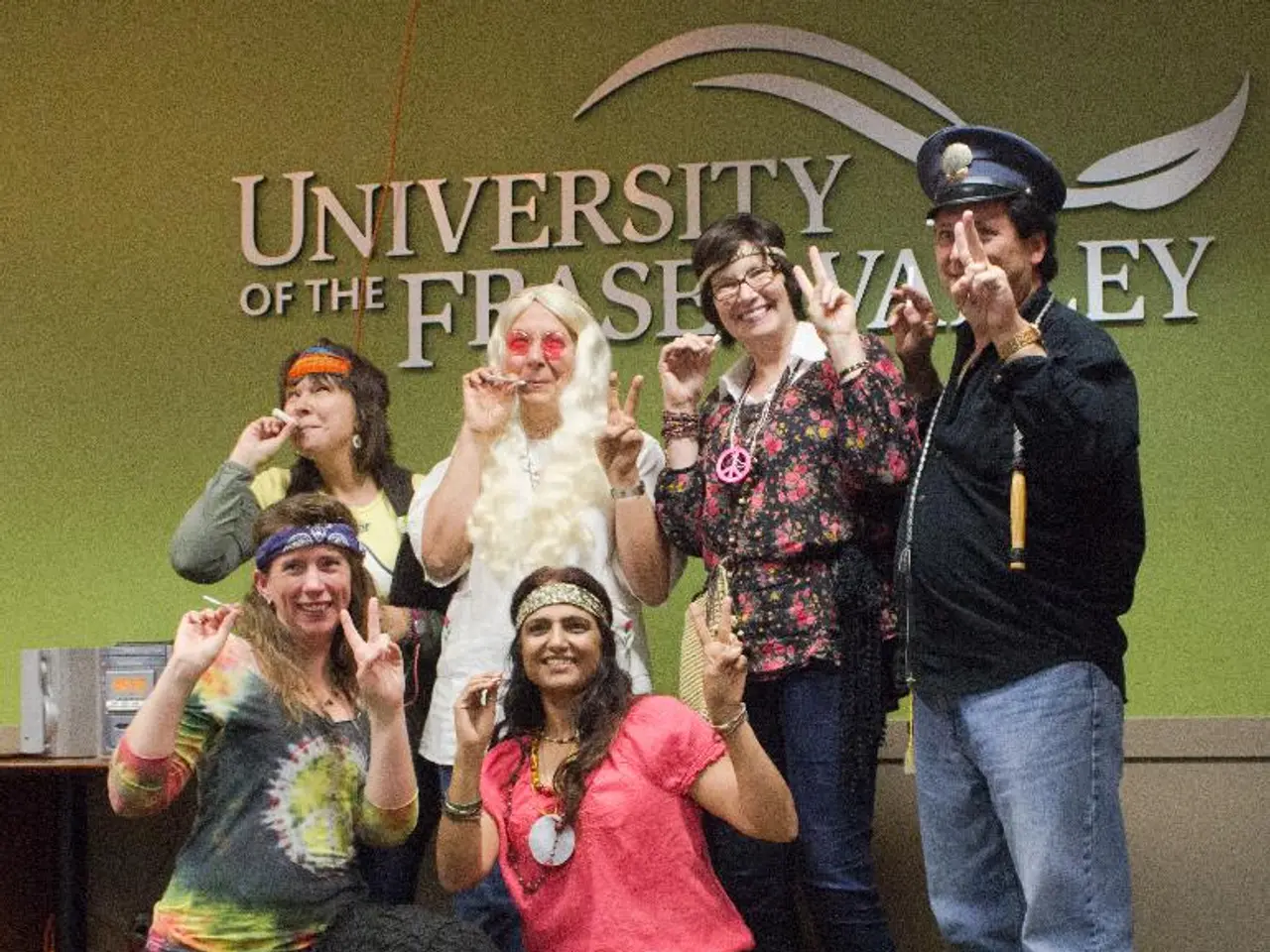Dislike for Multiple Things Often Rooted in These 11 Factors
In the realm of human behaviour, it's not uncommon to encounter individuals who seem to dislike many things. This tendency, often mistaken for wisdom or discernment, can stem from underlying psychological and emotional factors.
For some, the constant critique is a way to reclaim control in a life that feels powerless. They express judgment and dislike as a subtle form of rebellion, or a mechanism to assert themselves when other aspects of their lives feel out of control.
The inner critic, a pervasive voice fueled by complex post-traumatic stress disorder (C-PTSD), can be another root cause. This internal voice, originating from early traumatic or emotionally invalidating experiences, perpetuates feelings of inadequacy and unworthiness well into adulthood.
The inner critic can also evolve as a protective psychological mechanism, but over time, it becomes maladaptive, leading to persistent negativity, self-doubt, and general criticism of others and circumstances.
Chronic critics often erode not only their own self-esteem but may also exert this negativity outward. Frequent negative feedback is linked to increased anxiety, stress hormones, and depressive symptoms, which can feed back into their critical worldview.
People who constantly criticize others often view the world through a lens of mistrust due to past betrayals or manipulations. This mistrust can lead to a wall of negativity that both repels and attracts, inviting attention without intimacy.
Negativity can also subconsciously become part of someone's self-image, and complaining can become a kind of performance. Disapproval can become a way for people to reclaim a sense of authority when they feel stuck in their work, relationships, or sense of identity.
For some, expressing constant dislike is a way of keeping people around by sparking debates, being provocative, or standing out. Others reject popular trends or socially accepted favorites because they equate uniqueness with value.
A less discussed factor is anhedonia, a clinical symptom of several mental health conditions, which affects their ability to experience pleasure. People who dislike many things may have been emotionally burned by enthusiasm in the past, making them wary of joy and excitement.
The tragedy is that the more they act this way, the harder it becomes for anyone to get close enough to see what's really going on for people who hate everything. Individuals with high levels of interpersonal distrust tend to report lower life satisfaction and more social isolation over time.
Healing involves addressing these inner patterns compassionately and developing healthier coping strategies. It's important to remember that behind the negativity, there's often a deep sense of isolation and a fear of being seen as naive or emotionally vulnerable. Understanding this can be the first step towards fostering empathy and promoting positive change.
- In the realm of human behavior, some individuals' dislike for many things might be rooted in underlying psychological and emotional factors related to their relationships, mental health, and personal growth.
- The inner critic, fueled by complex post-traumatic stress disorder (C-PTSD), or evolution from past traumatic experiences, can drive feelings of inadequacy and unworthiness in adulthood.
- The constant critique and dislike may serve as a subtle form of rebellion for some, or a mechanism for individuals seeking to assert themselves in other powerless areas of their lives.
- The pervasive inner critic, over time, can lead to persistent negativity, self-doubt, and general criticism, which are linked to anxiety, stress hormones, and depressive symptoms.
- People who constantly criticize others may view the world with mistrust, creating a wall of negativity that both repels and attracts, while also subconsciously becoming part of their self-image and leading to social isolation over time.
- The inability to experience pleasure, known as anhedonia, which is a clinical symptom of several mental health conditions, could potentially be a factor contributing to the dislike for many things due to previous emotional burns from enthusiasm.
- Healing and promoting positive change involve compassionately addressing these inner patterns, understanding the fear of being seen as naive or emotionally vulnerable, and developing healthier coping strategies in the realms of health-and-wellness, mental health, lifestyle, education-and-self-development, and family.




